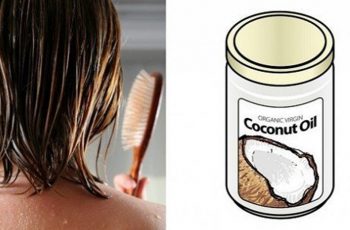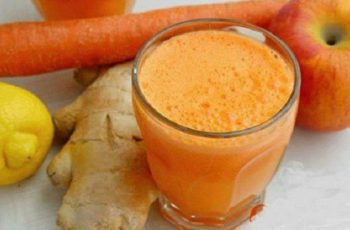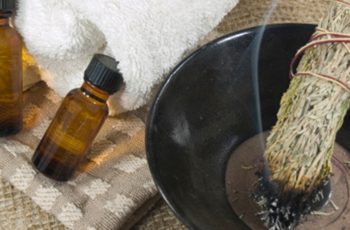Fungal infections are a common skin issue that can cause discomfort and irritation. Whether you’re dealing with ringworm, athlete’s foot, jock itch, or oral thrush, finding a natural remedy can help alleviate symptoms and promote healing. While over-the-counter medications are available, natural remedies offer a holistic approach and can be just as effective in treating fungal infections.
In this article, I’ll share some quick tips on how to heal fungal infections naturally and provide you with key insights into natural remedies for fungal infections. It’s important to note that consulting with a healthcare professional is essential for an accurate diagnosis and personalized treatment plan.
Heal Fungal Infection Naturally
- Fungal infections can be effectively treated with natural remedies
- Common natural remedies include apple cider vinegar, tea tree oil, and coconut oil
- Probiotics, such as yogurt, can help rebalance gut flora and support the immune system
- Maintaining good personal hygiene and avoiding tight clothes can prevent fungal infections
- Consult a healthcare professional if the infection persists or worsens
Common Types of Fungal Infections and Their Symptoms
Fungal infections can manifest in different parts of the body and have various symptoms. It is important to identify the specific type of fungal infection in order to determine the most effective treatment. Here are some common types of fungal infections and their associated symptoms:
- Ringworm: This fungal infection, also known as tinea corporis, causes a red or silver ring-shaped rash on the skin. It is highly contagious and can occur on any part of the body.
- Athlete’s Foot: Also known as tinea pedis, athlete’s foot primarily affects the feet. It can cause itching, redness, and cracking of the skin, particularly between the toes.
- Jock Itch: Tinea cruris, or jock itch, is a fungal infection that affects the groin area. It commonly occurs in athletes and can cause a red, itchy rash.
- Scalp Ringworm: Tinea capitis is a fungal infection that affects the scalp, often seen in children. Symptoms may include redness, scaling, and hair loss in the affected area.
- Tinea Versicolor: This fungal infection causes discolored patches on the skin, usually in the chest, back, and upper arms. The patches may be lighter or darker than the surrounding skin.
- Onychomycosis: Commonly known as toenail or fingernail fungus, onychomycosis can cause thickened, discolored, and brittle nails.
These fungal infections can cause rashes, itching, redness, and other discomforts. It is important to consult with a healthcare professional for a proper diagnosis and to determine the most appropriate treatment for your specific fungal infection.
Home Remedies for Fungal Infections
When it comes to treating fungal infections naturally, there are several effective home remedies that you can try. These remedies are not only safe but also have antifungal, antimicrobial, and anti-inflammatory properties. Here are some natural treatments for fungal infection you can consider:
- Apple Cider Vinegar: Apple cider vinegar has long been hailed for its ability to fight off infections. Its antifungal properties make it effective in treating fungal infections. You can dilute apple cider vinegar with water and apply it directly to the affected area using a cotton ball.
- Tea Tree Oil: Tea tree oil is known for its powerful antifungal properties. You can dilute tea tree oil with a carrier oil, such as coconut oil or olive oil, and apply it to the affected area for relief from itching and inflammation.
- Coconut Oil: Coconut oil contains lauric acid, which has antifungal properties. Applying coconut oil to the affected area can help reduce redness, inflammation, and itching.
- Turmeric: Turmeric is a natural spice with antimicrobial and anti-inflammatory properties. You can mix turmeric powder with water to form a paste and apply it to the affected area for relief.
- Aloe Vera: Aloe vera has soothing and cooling properties that can help alleviate the discomfort caused by fungal infections. Apply fresh aloe vera gel to the affected area for relief.
- Garlic: Garlic is known for its antimicrobial and antifungal properties. You can crush garlic cloves to form a paste and apply it to the affected area. Leave it on for a few minutes before rinsing it off.
- Neem Leaves: Neem leaves have antifungal and antibacterial properties. Boil neem leaves in water, let it cool, and use the solution to wash the affected area.
- Vitamin C: Increasing your intake of vitamin C can boost your immune system, making it more effective in fighting off fungal infections. Include foods rich in vitamin C, such as oranges, strawberries, and bell peppers, in your diet.
These natural remedies can be effective in treating fungal infections, but it is important to use them consistently and as directed for optimal results. If symptoms persist or worsen, it is advisable to consult with a healthcare professional for further evaluation and treatment options.
The Power of Probiotics in Healing Fungal Infections
When it comes to holistic remedies for fungal infections, probiotics are a powerful tool. Probiotics, such as yogurt and fermented foods, contain good bacteria that can help fight off fungal infections naturally. These beneficial bacteria work by rebalancing the gut flora and promoting a healthy immune system, which is crucial in combating fungal overgrowth.
Incorporating probiotics into your diet can be a simple and effective way to support your body in healing from fungal infections. By consuming probiotic-rich foods or beverages regularly, you can introduce beneficial bacteria that help restore the natural balance in your gut. This, in turn, strengthens your immune response and makes it more difficult for fungi to take hold and cause infection.
If you’re looking for a more concentrated dose of probiotics, probiotic supplements are also available. These supplements provide a convenient option for individuals who may not have access to probiotic-rich foods or those who prefer a more targeted approach to healing.
Remember, while probiotics can be beneficial in treating fungal infections, it is important to consult with a healthcare professional to ensure proper diagnosis and appropriate treatment. They can help you determine the underlying cause of your fungal infection and recommend the best course of action, which may include incorporating probiotics into your holistic treatment plan.
Other Natural Remedies for Fungal Infections
In addition to probiotics, there are other natural remedies that can aid in healing fungal infections. These include:
- Boric acid: Known for its antifungal properties, boric acid can help control the growth of fungi. It is often used as a topical treatment for infections such as yeast infections and athlete’s foot.
- Essential oil of oregano: Oregano oil has powerful antifungal properties and can be applied topically or taken orally to help fight fungal infections. It is important to dilute the oil before applying it to the skin.
- Spilanthes: Also known as the “toothache plant,” spilanthes has antimicrobial and antifungal properties. It can be used topically to treat fungal infections, including candidiasis and ringworm.
- Hydrogen peroxide: Hydrogen peroxide can effectively kill fungi and prevent their growth. It can be used as a foot soak or applied topically to the affected area. It is important to dilute the hydrogen peroxide before use.
- Cranberry juice: Cranberries contain compounds that have antifungal properties and can help prevent the growth of fungi. Consuming cranberry juice regularly can support the body’s natural defenses against fungal infections.
These remedies can help control the growth of fungi and restore balance to the affected areas. However, it is important to use them cautiously and consult with a healthcare professional if needed. They can provide guidance on the appropriate use and dosage of these remedies.
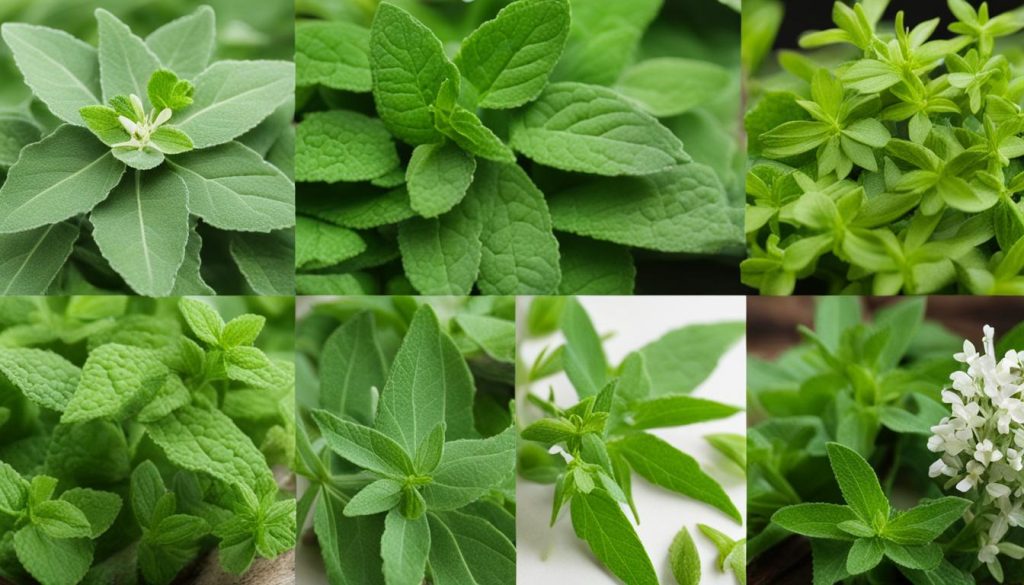
Using Antifungal Herbs for Natural Healing
Another effective approach to healing fungal infections is to incorporate antifungal herbs into your routine. Herbs such as garlic, oregano, tea tree, and neem have natural antifungal properties that can help combat fungal overgrowth. These herbs can be used in various forms, including as essential oils, infusions, or supplements. However, it is important to use them under the guidance of a healthcare professional to ensure proper dosage and to avoid any potential interactions with other medications.
Lifestyle Tips to Prevent Fungal Infections
To prevent fungal infections, it is important to adopt certain lifestyle habits in addition to using natural remedies. By maintaining proper personal hygiene, wearing clean clothes, and avoiding tight-fitting garments, you can significantly reduce the risk of fungal overgrowth. Practicing these habits consistently will help you maintain optimal skin health and prevent fungal infections.
Maintain Proper Personal Hygiene
- Regularly bathe or shower to keep your skin clean and free from sweat and dirt.
- Pay special attention to areas prone to fungal infections, such as the feet, groin, and armpits.
- Use mild, pH-balanced soaps and body washes to avoid irritating the skin.
- Dry yourself thoroughly, especially in areas where moisture can accumulate.
Wear Clean and Breathable Clothes
- Change your clothes daily and avoid wearing the same clothes for extended periods.
- Wash your clothes regularly using a detergent that kills fungi and removes odor-causing bacteria.
- Choose clothing materials that allow air circulation, such as cotton and linen.
- Avoid wearing tight or synthetic clothes that trap moisture and heat.
Keep the Affected Areas Dry
- Avoid wearing wet or damp clothing, especially in areas prone to fungal infections.
- If you sweat excessively, use talcum powder or antifungal powder to keep your skin dry.
- Avoid using occlusive products or creams that can create a moist environment for fungi to thrive.
- After swimming or showering, thoroughly dry yourself, paying attention to the skin folds and areas prone to moisture.
By incorporating these lifestyle tips into your daily routine, you can effectively prevent fungal infections and maintain healthy skin. Remember that prevention is key, but if you do develop a fungal infection, consult with a healthcare professional for proper diagnosis and treatment.
When to Seek Medical Advice
While many fungal infections can be effectively treated with natural remedies, there are certain cases where medical advice is necessary. If the infection does not improve after using home remedies for a week, or if the symptoms worsen or spread, it is important to consult with a healthcare professional. They can provide a proper diagnosis and recommend appropriate medical interventions, such as antifungal medications, for more severe or persistent fungal infections.
When experiencing symptoms that persist or worsen, it is best to seek medical advice. A healthcare professional can evaluate your condition and provide guidance on the most effective treatment options. Remember, it’s essential to consult with a healthcare professional before self-diagnosing or self-medicating.
If you notice any of the following signs or symptoms, it is recommended to consult with a healthcare professional:
- Severe or persistent itching or burning sensation
- Redness, swelling, or warmth in the affected area
- Pain or discomfort that interferes with daily activities
- Visible rash or blisters
- Discharge or oozing from the affected area
Seeking medical advice can help ensure an accurate diagnosis and appropriate treatment plan. Your healthcare professional may recommend antifungal medications, topical creams, or other interventions to effectively address the fungal infection and prevent complications.
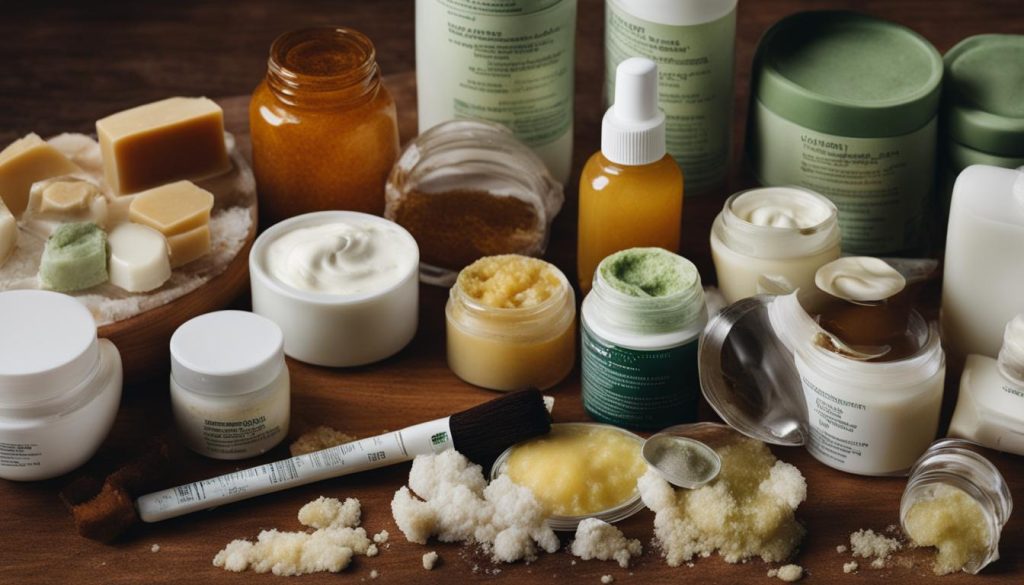
Conclusion
Fungal infections can be uncomfortable and distressing, but the good news is that there are many natural remedies available to help heal them. By incorporating probiotics, using antifungal remedies, practicing good hygiene, and seeking medical advice when necessary, you can effectively treat and prevent fungal infections.
Probiotics, such as yogurt and fermented foods, are a powerful ally in the fight against fungal infections. They help rebalance the gut flora and strengthen the immune system, which is essential for combating fungal overgrowth.
In addition to probiotics, there are other natural remedies that can aid in healing fungal infections. Apple cider vinegar, tea tree oil, coconut oil, turmeric, aloe vera, garlic, neem leaves, and vitamin C all have antifungal, antimicrobial, and anti-inflammatory properties that can control the growth of fungi and reduce symptoms.
Remember to consult with a healthcare professional for a proper diagnosis and personalized treatment plan. They can provide guidance on the most effective natural remedies for your specific fungal infection. With the right approach and consistent use of natural remedies, you can restore your skin health and heal fungal infections naturally.
FAQ
Can natural remedies heal fungal infections?
Yes, many fungal infections respond well to natural remedies. However, it is important to consult with a healthcare professional before self-diagnosing or self-medicating.
What are the common types of fungal infections and their symptoms?
Common types of fungal infections include ringworm, athlete’s foot, jock itch, oral thrush, and scalp ringworm. These infections can cause rashes, itching, redness, and other discomforts.
What are some home remedies for fungal infections?
Some effective home remedies for fungal infections include apple cider vinegar, tea tree oil, coconut oil, turmeric, aloe vera, garlic, neem leaves, and vitamin C. These remedies have antifungal, antimicrobial, and anti-inflammatory properties.
How can probiotics help in healing fungal infections?
Probiotics, such as yogurt and fermented foods, contain good bacteria that can help fight off fungal infections. They rebalance gut flora and promote a healthy immune system, which is crucial in combating fungal overgrowth.
Are there other natural remedies for fungal infections?
Yes, other natural remedies for fungal infections include boric acid, essential oil of oregano, spilanthes, hydrogen peroxide, and cranberry juice. These remedies have antimicrobial and antifungal properties.
What lifestyle habits can help prevent fungal infections?
Maintaining proper hygiene, including regular bathing and washing of clothes, as well as wearing clean and breathable clothes can help prevent fungal infections. Avoiding tight-fitting garments and keeping the affected areas dry is also important.
When should I seek medical advice for a fungal infection?
If the infection does not improve after using home remedies for a week, or if the symptoms worsen or spread, it is important to consult with a healthcare professional for a proper diagnosis and personalized treatment plan.
Is it possible to heal fungal infections naturally?
Yes, with the right approach, including natural remedies, probiotics, and lifestyle habits, you can effectively treat and prevent fungal infections. However, it is always advisable to seek medical advice for severe or persistent infections.

